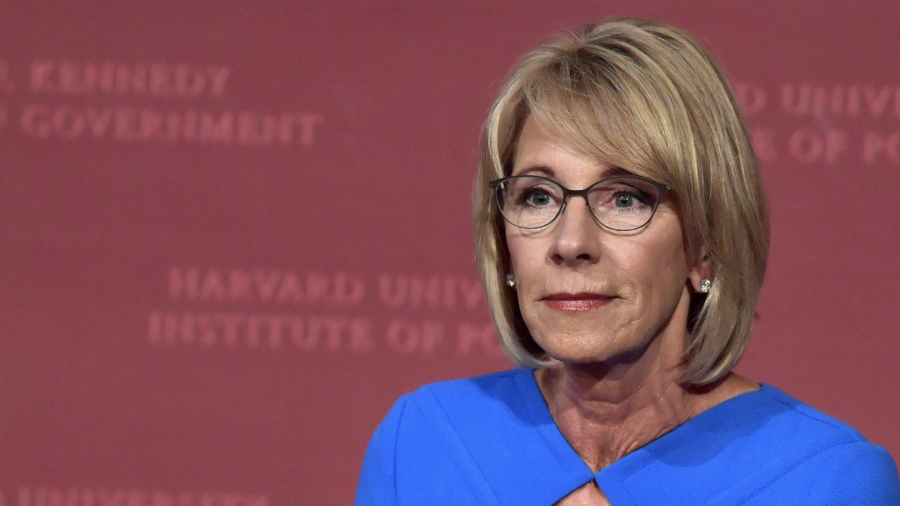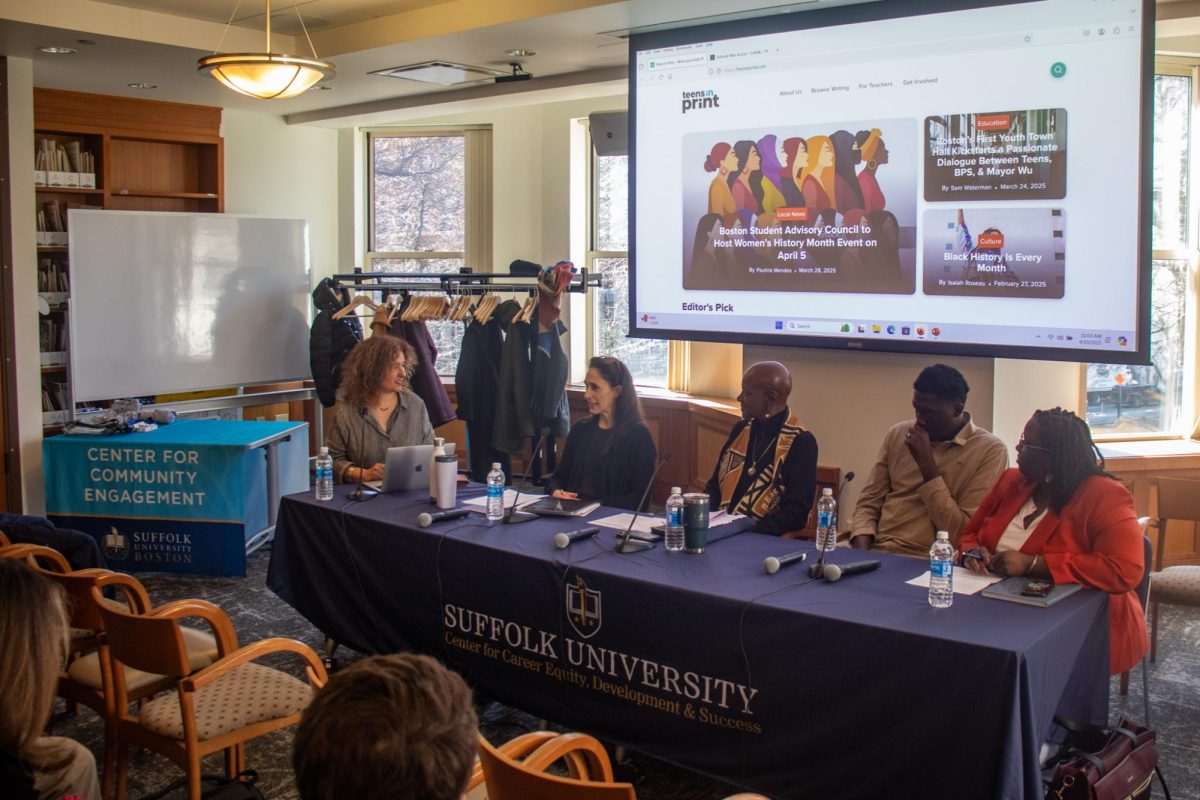Boston is home to an estimated 152,000 students who attend the 35 various colleges and universities. As these students think about completing their education and preparing for future careers, there is a looming cloud plagued with the future of student loan debt.
“Students are aware of at least some the effects of student loans,” said junior economics major Vince Mastantuno. “The underlying question is whether or not students objectively understand the dynamics of this market for loans.”
According to the Boston Redevelopment Authority, 45.3 percent of Boston residents have a Bachelor’s degree or higher, and Suffolk University has one of the highest student populations in the city.
“The economy, although it is growing, is not enabling jobs for graduates that will be sufficient to pay of their debt.” said Kathleen Engel, a research professor of law at Suffolk Law School.
The Institute for College Access and Success reported in 2015 that 75 percent of Suffolk graduates leave with debt at rates higher than the national average.
“Students make the decision of opting out of a prestigious but unpaid internship and picking up another shift at entry-level jobs, all at a cost of passing up a great opportunity in the name of paying our tuition bills,” said junior psychology and entrepreneurship major Andrea Royo.
Although Suffolk has remained one of the least expensive private universities in Boston, with an estimated on-campus yearly cost of $56,040, students have noticed rising tuition costs in recent years.
“The loan crisis itself is characterized by students carrying the weight of exorbitant tuition costs throughout their career and well into the rest of their lives,” said Royo.
One distinct aspect of direct student loans from the government is that they do not require underwriting; students are granted loans regardless of whether or not they can afford to repay them.
“I think that before assuming any debt, the borrower should fully understand their loan,” said Mastantuno. “Unfortunately, most of us took these loans at 17 or 18 [years old], and not everyone has a social structure conducive to understanding these factors before attaining this debt.”
A study in April from finance experts at New York University and Boston University revealed that undergraduate student loans are dissuading students from pursuing graduate studies.
Engel pointed out that student loan debt is deterring graduates from buying homes and participating in the market, which impacts the economy as a whole. She added that student loan debt uniquely cannot be discharged in a case of bankruptcy.
“Even when you get a fresh start, you always carry the burden of these loan payments,” said Engel.
Efforts toward student loan forgiveness and repayment made during former President Barack Obama’s administration are being stripped away by President Donald Trump.
The Trump administration has not confirmed whether the Public Service Loan Forgiveness Program will be maintained. TIME Magazine in late October explained that Obama expanded the program created by former President George W. Bush in 2007. According to the Department of Education, eligible recipients are students who work in non-profits or government, and have made monthly payments for ten years, can have their remaining debt waived.
In May, five U.S. Senators, including Elizabeth Warren (D-MA), sent a letter to Secretary Betsy DeVos which questioned why the Department of Education has not reviewed any applications for the borrower defense to repayment, a rule that wipes the student loan debt of those cheated by for-profit colleges.
In July, Massachusetts Attorney General Maura Healey worked with 19 other attorney generals to sue DeVos and the Department for their intention to rescind the borrower defense rule.
“Since day one, Secretary DeVos has sided with for-profit school executives against students and families drowning in unaffordable student loans,” said Healey.
Under DeVos’ leadership, the Department decided to stop disclosing student loan information to the Consumer Financial Protection Bureau, a government agency tasked with creating rules to protect consumer finance markets.
“Too many students don’t know what their rights are when it comes to borrowing loans to pay for school,” said State Senator Eric Lesser in a MassLive op-ed in March. “Banks and servicers often make the terms as confusing as possible and take advantage of students with deceptive practices.”
Lesser and Representative Natalie Higgins sponsored a bill in the Massachusetts legislature that would create a Student Loan Bill of Rights; appointing a government official to protect students, disseminate loan information and put stricter screenings on loan servicers.
Engel advised that as students approach graduation, they should contact their servicers to understand their loan payment details, an effort she is confident Suffolk would support.
“Suffolk cares a great deal about what’s going on with students in whether they understand their debt and what the situation is going to be,” said Engel.















